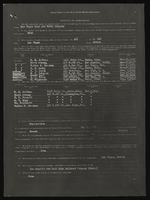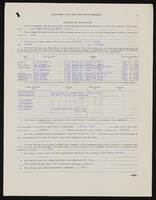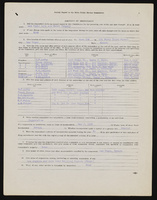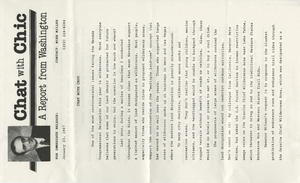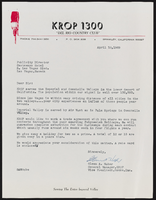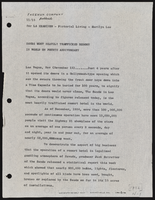Search the Special Collections and Archives Portal
Search Results
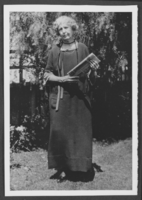
Photograph of Helen J. Stewart, 1925
Date
1925
Archival Collection
Description
A portrait of Helen J. Stewart. She was 71 years old in this photo.
Image
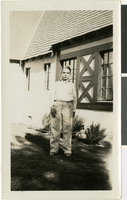
Photograph of Ward Wengert, circa 1940
Date
1939 to 1941
Archival Collection
Description
Ward Wengert posing in front of a house at thirteen years old.
Image
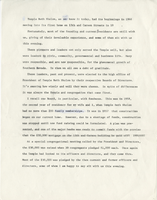
Essay or speech transcript by George Katz on the history of Temple Beth Sholom, 1960s
Date
1960 to 1969
Archival Collection
Description
Essay or speech transcript about the beginning of Temple Beth Sholom and the contributions of the temple presidents.
Text
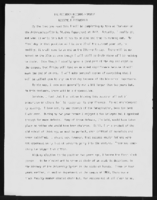
"The Recorder Records Himself": article draft by Roosevelt Fitzgerald
Date
1980 (year approximate) to 1995 (year approximate)
Archival Collection
Description
From the Roosevelt Fitzgerald Professional Papers (MS-01082) -- Drafts for the Las Vegas Sentinel Voice file. On the author's completion of term as Chair of UNLV Anthropology Department.
Text
Pagination
Refine my results
Content Type
Creator or Contributor
Subject
Archival Collection
Digital Project
Resource Type
Year
Material Type
Place
Language
Records Classification

